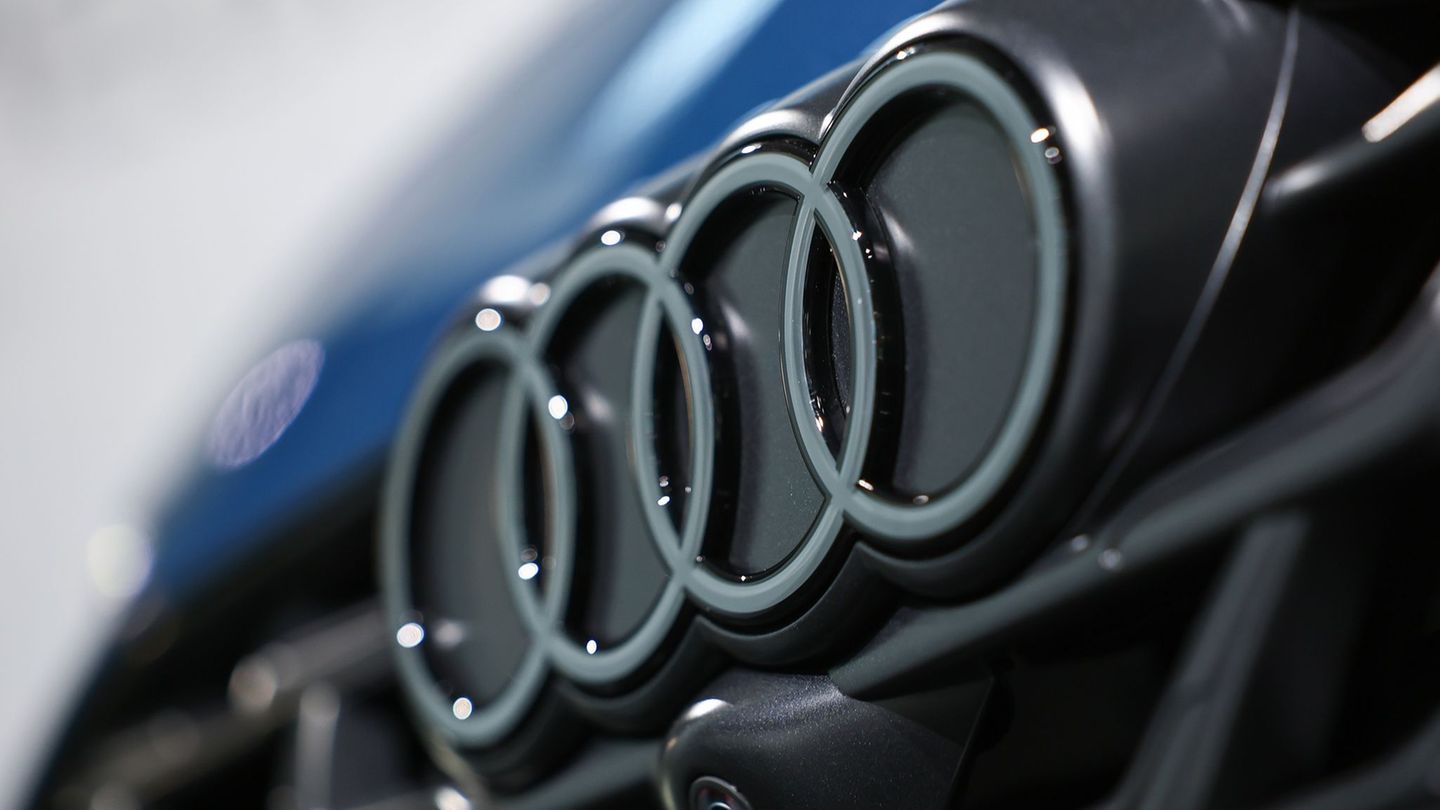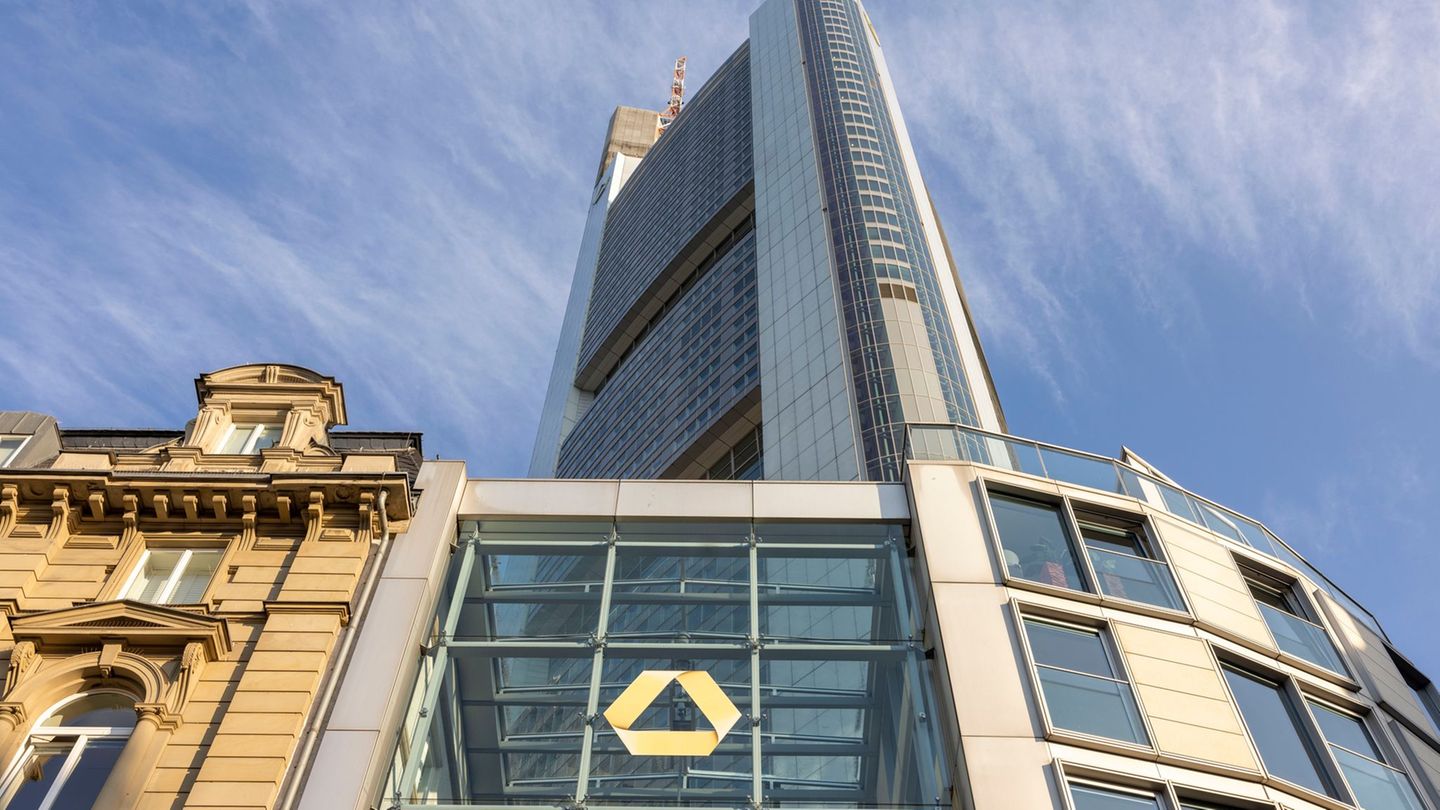Many competition venues have to be converted to be handicapped accessible before the start of the Paralympics. The organizers are prepared.
Converting the sports venues after the Olympic Games for the Paralympics has not presented the organizers with “any major challenges or difficulties.” “If someone asked me if the city is ready, I would say yes,” said Andrew Parsons, President of the International Paralympic Committee. “You have to compare where Paris was seven years ago and where the city is now in terms of inclusion. This is also thanks to the awarding of the Paralympics here.”
In a recent interview with the French daily newspaper Ouest-France, Édouard Donnelly of the organizing committee emphasized that there had been enough time to adapt the arenas and competition venues to make them accessible to disabled people. “But there were a few things we had to pay attention to,” he said. “For example, in the stadium at the Eiffel Tower, where blind football will now take place instead of beach volleyball, we left the sand there and laid the actual playing surface over it.”
The organizers also bought themselves time by not having to rebuild the Grand Palais, which was initially used for fencing and later for taekwondo at the Olympic Games. At the Paralympics, the taekwondo competitions will take place there first. The Paralympic fencing track will be built later. One new feature compared to the Olympic Games is the para-cycling track on the streets of the municipality of Clichy-sous-Bois. The Olympic Village will accommodate 4,400 athletes.
Paris has done a lot for inclusion and accessibility
Before the opening ceremony on Wednesday, Parsons also praised the efforts of the French government. “We are already feeling the effects,” said the Brazilian. “1.5 billion euros have already been invested nationwide in projects that focus on inclusion and accessibility. The city of Paris has also invested 125 million euros in these areas.”
The focus is also on the transport system. There are 1,000 taxis that were converted to be handicapped accessible before the Paralympics. In addition, more than 200 buses have been converted, each of which can carry six wheelchairs.
Source: Stern
I am Pierce Boyd, a driven and ambitious professional working in the news industry. I have been writing for 24 Hours Worlds for over five years, specializing in sports section coverage. During my tenure at the publication, I have built an impressive portfolio of articles that has earned me a reputation as an experienced journalist and content creator.




